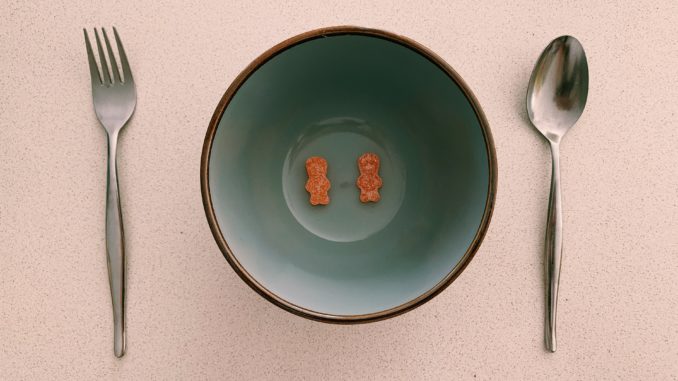
Warning: The following contains information about eating disorders which may affect vulnerable readers.
When retail stores, theatres and some restaurants started to close their doors in late March, Natalie* felt a creeping sense of dread. The COVID-19 pandemic has drastically affected the daily lives of people all over the world, who have had to adapt to a new lifestyle and routine.
The uncertainty around the unprecedented situation can induce feelings of stress, anxiety, frustration and panic for anyone, but for the 23-year-old retail assistant and theatre actress in particular.
Diagnosed with anorexia nervosa and anxiety at the age of 20, Natalie has worked hard to shift her priorities and improve her relationship with food. With the comfort and support of a well-established network of friends, family, psychologists and dietitians, she felt considerable progress in her recovery.
Over time, with busy shifts at a home décor store where she worked during the day and nights spent at theatre gigs, Natalie developed a much healthier attitude to food.
But social distancing and self-isolation regulations brought on by COVID-19 have disrupted the safety of her daily routine. She knew that the long hours at home and away from her support network would put her at risk of relapsing into old habits and behaviours.
Listen to Natalie’s thoughts, feelings and fears as social restrictions were implemented:
“I’ve always needed routines and people around me to keep myself occupied. I relied on this heavily before self-isolation,” Natalie said. “But now I can’t do any of that.”
Natalie is one of 1 million Australians currently experiencing an eating disorder and now stuck in self-isolation due to the government’s new regulations and social restrictions. Such disruptions to food shopping, exercise routines and social interaction can be particularly triggering for eating disorder sufferers, who may now feel more pressure to avoid relapsing into old habits and triggers. Without face-to-face support or direct physical contact with loved ones, it can be particularly difficult for them to manage an already challenging situation.
Eating disorders have been known to thrive in isolation, long before social distancing measures were in place. They are reinforced by rituals, routines and structures, which are often kept in secret.
“When I was first diagnosed with anorexia, every meal was timed to the minute,” Natalie said. “Food preparation could take an hour or two to prepare, and everything would be measured to a tee. Numbers calculated, calories counted.”
“It was my biggest secret. If the slightest thing was out of control, it would impact my whole day. Although I am a lot better now, but the disruption to my daily routine caused by this pandemic has definitely thrown me.”
Social media in the time of COVID-19
With thousands of people posting their exercise routines and baking shenanigans all over social media, the pressure to appear perfect and keep busy during isolation is on a whole new level. This can put individuals with eating disorders at increased risk of negative self-talk, guilt, body dissatisfaction and other self-destructive behaviours.
“Social media has always perpetuated a comparison game, but the pressure is definitely on now that everybody is bored and stuck at home,” Natalie said.
“It’s definitely played a huge part in triggering a lot of old thoughts, feelings and behaviours. And it takes a lot to try and adjust again, especially when it feels like it’s your only contact with the outside world.”
In addition to the intense media coverage and conflicting messaging around the pandemic, social media can be particularly counterproductive to any recovery efforts.
So to clear her head, Natalie often ‘switches off’ and puts her phone down before going on a short walk outside.
Creating new routines at home
Another way Natalie copes with social isolation is by introducing activities and hobbies that can be done from home.
“The noises in my head are so loud because I’m at home all the time, compared to when I’m outside and can easily distract myself,” Natalie said. “It really is just me and my thoughts.”
“In general, I am a big fan of yoga and mindfulness as coping skills for recovery, which is great because I can do it anywhere. It heals my soul in ways I can’t explain.”
Natalie’s friendly reminders for lifting her mood and thinking:
Physical distancing, not social distancing
Natalie also ensures that she continues to reach out to others for support, as part of her recovery routine.
“Social media can also be used in a variety of positive ways, if you take the time to curate your feed and remove all the noise,” she said.
She still ‘sees’ her friends over FaceTime in place of Sunday brunches that can no longer be attended.
“I’m really fortunate to have people who look out for me, people I can trust. Not many other people can say the same.”
Many eating disorder services, such as face-to-face treatment, have ceased due to the physical restrictions. However, both of Australia’s leading eating disorder support organisations, the Butterfly Foundation and EndED, have seen a marked increase in calls to their helpline.
The Butterfly Foundation also advises individuals who were receiving face-to-face consults or therapy to arrange remote Zoom/Skype sessions with their treatment team. The Australian Federal Government has temporarily expanded the list of services that GPs and mental health professionals can offer remotely, which now includes treatment for eating disorders. Telehealth services will be available until 30 September 2020.
Social distancing does not necessarily mean sacrificing social connection, where modern technology and digital communication have indeed played a significant role during this period.
Looking on the bright side
During this unique and unprecedented time in modern history, everybody will be affected in different ways and this may continue long after the pandemic dies down.
But Natalie chooses to keep looking on the bright side, which is something she has learnt from her experiences and personal growth during recovery.
“In some ways, the crisis has been a blessing. It was a good opportunity to focus on myself and attend to my own needs and emotions,” she said.
“I’m lucky to still have a great support network nearby that I can still keep in contact with. At first, being at home all the time was hard. Being stuck with my family was hard. But I know they only want the best for me. All the time spent together and work on getting better wouldn’t have been possible if we weren’t in this situation.”
If you or anyone you know is experiencing an eating disorder you can contact the Butterfly Foundation National Helpline on 1800 33 4673, webchat or email support@thebutterflyfoundation.org.au
*Name has been changed at their request.

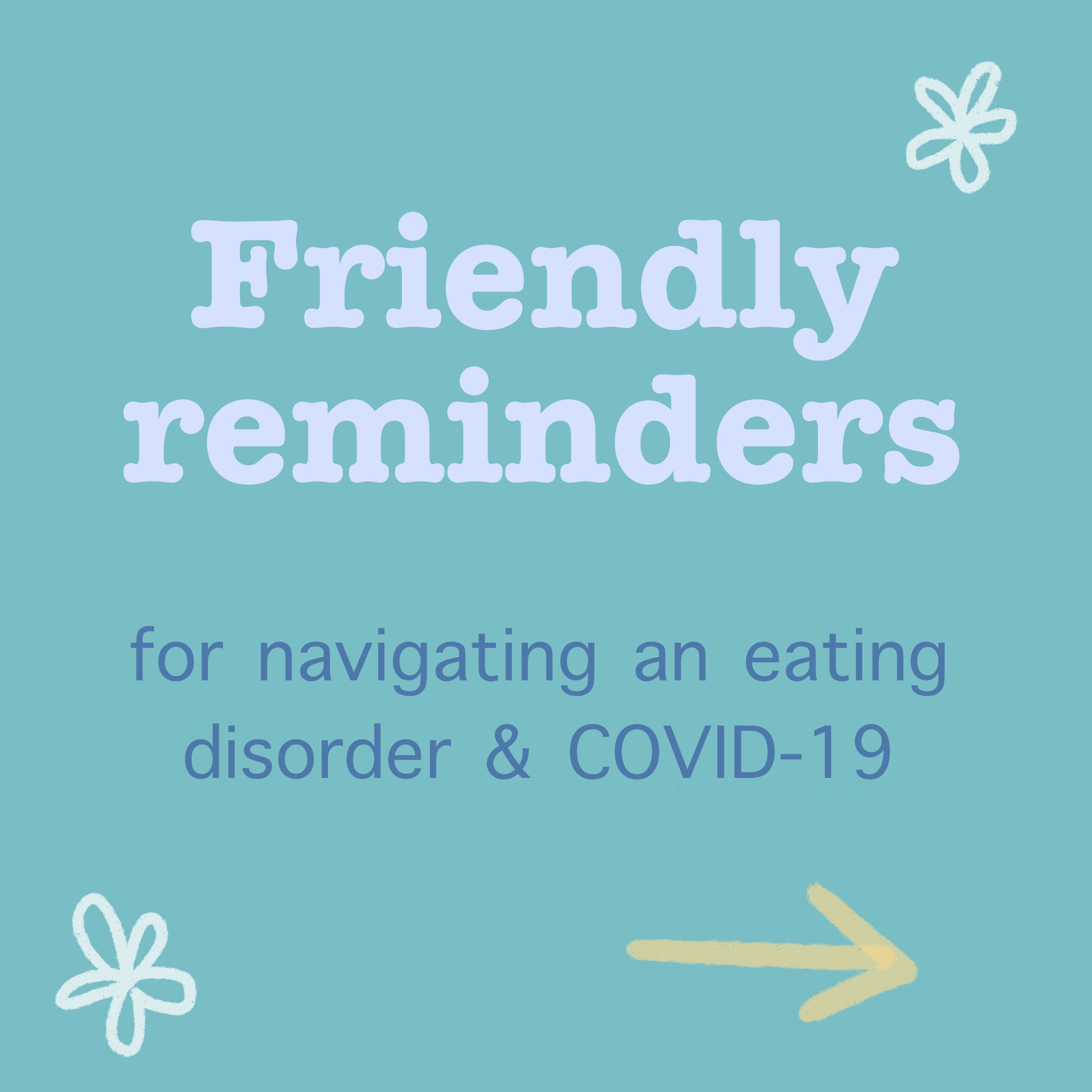
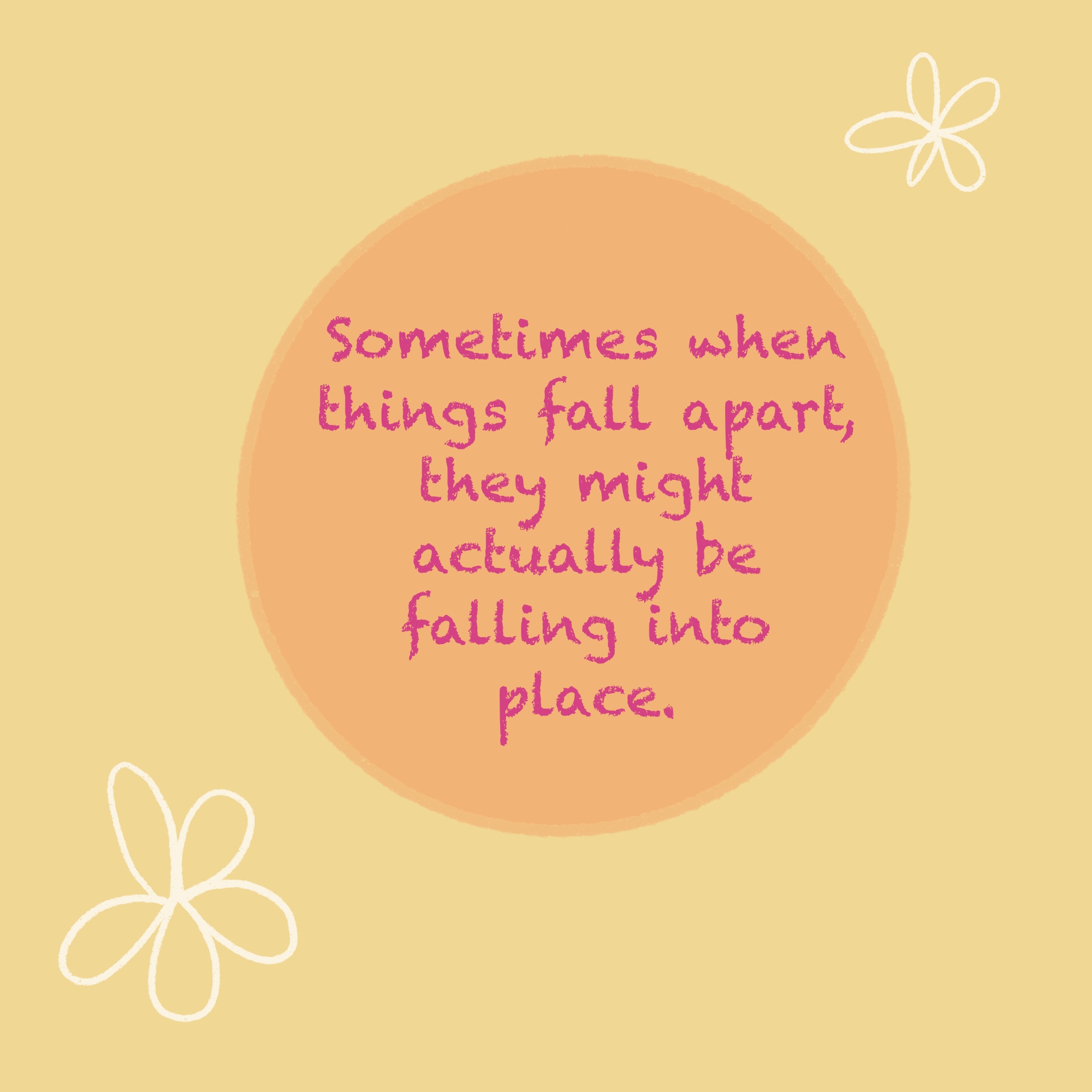





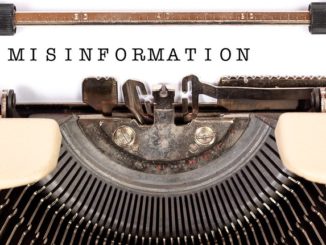

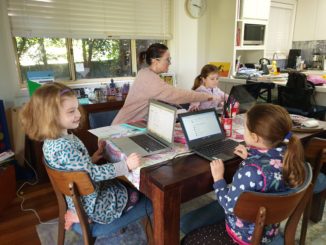
Be the first to comment